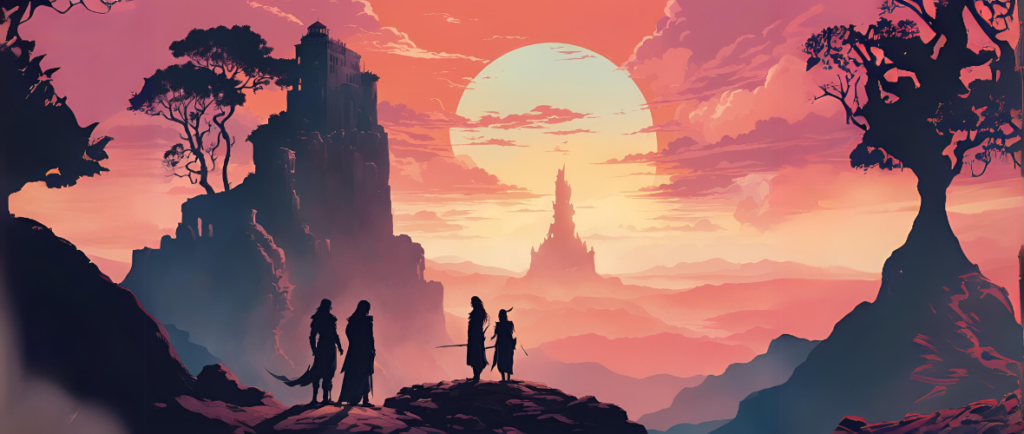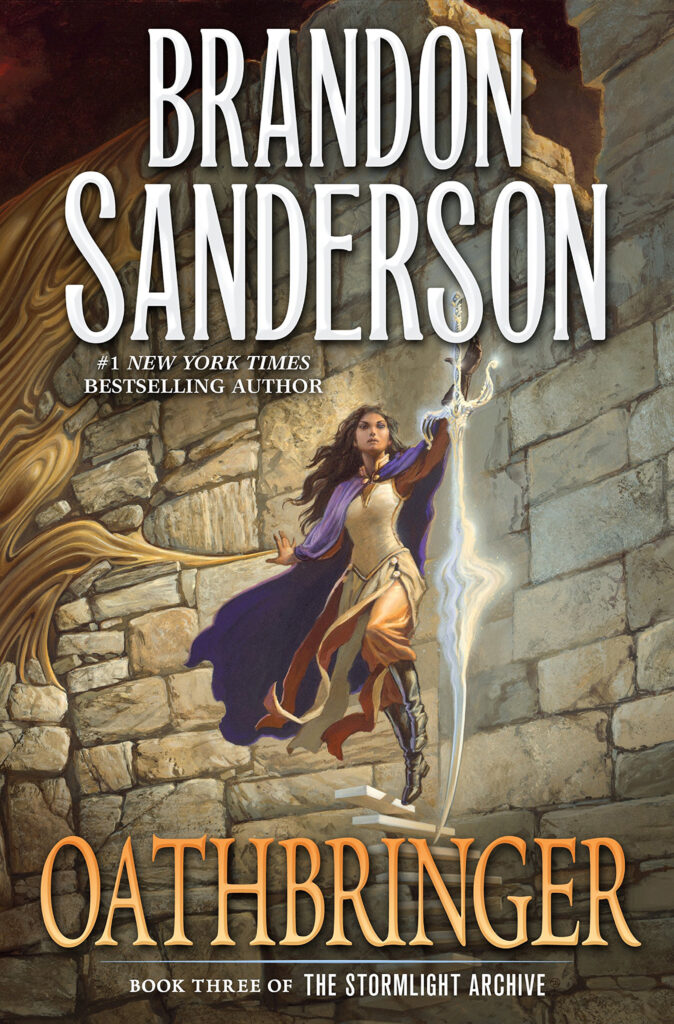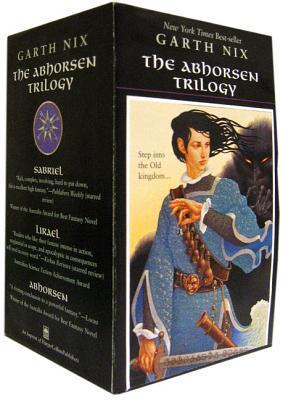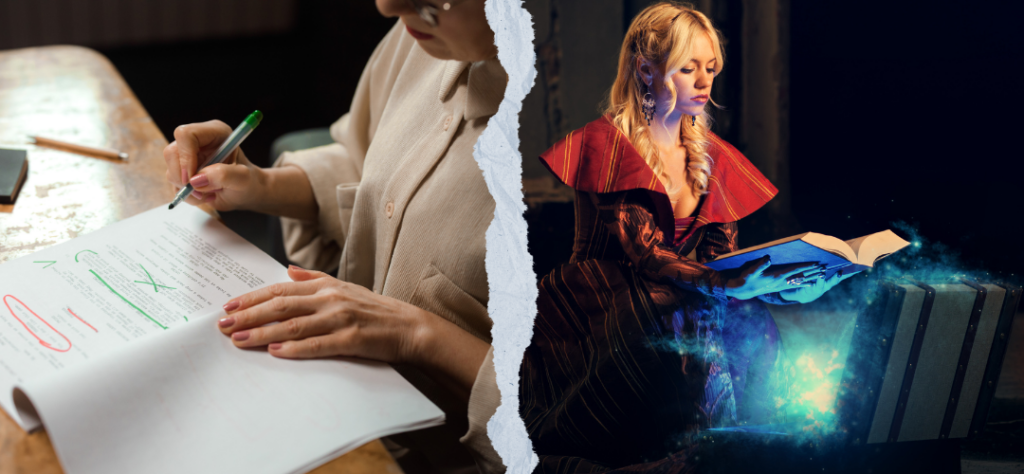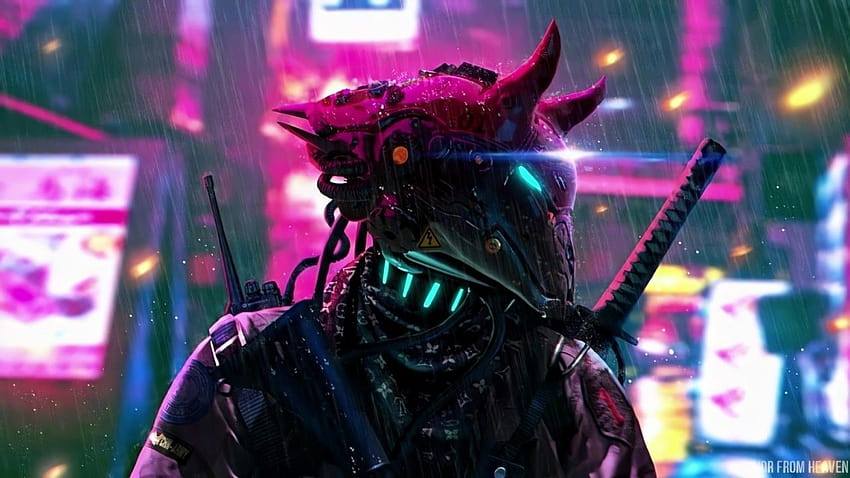Born for Greatness: Defending Fantasy Worlds and Leaving a Legacy
“We are all stories in the end. Make it a good one, eh?” ~Doctor in Neil Gaiman’s American Gods
“What you leave behind is not what is engraved in stone monuments, but what is woven into the lives of others.”~Mat Cauthon in Robert Jordan’s The Wheel of Time: Towers of Midnight
“The past is always with us, in our bones, in our blood. We carry it like a burden, but it also gives us strength.”~Dalinar Kholin in Brandon Sanderson’s Oathbringer
Just like Generational Discord Forges Fantasy Realms the Legacy of a character has a profound impact on collective responsibility in fantasy worlds. The writers shape characters’ motivations, actions, and the expectations placed upon them. Legacy can be both a source of inspiration and a burden, influencing how characters perceive their roles within their societies and how they approach the shared duties of living in a complex, interconnected world.
Here’s how legacy affects collective responsibility:
- Through Inherited Duties, characters are expected to continue duties, wear titles, or fulfill responsibilities they assume from one generation to the next. In fantasy worlds, this can manifest as characters being bound to fulfill the obligations of their ancestors, whether they are kings, warriors, wizards, or guardians. The weight of this inherited responsibility can influence characters’ decisions and shape their sense of duty toward their community or world. The character Vin (Mistborn Trilogy by Brandon Sanderson) inherits the legacy of Kelsier, a charismatic rebel leader who fought against the Lord Ruler. She is expected to continue his mission to overthrow the oppressive regime. She not only fulfills Kelsier’s legacy by helping to overthrow the Lord Ruler, but she also goes beyond that, becoming a powerful figure in her own right. She overachieves by playing a crucial role in the eventual reordering of the world and the defeat of a god-like entity, something far beyond what was initially expected of her.
- Through the burdens of expectations legacy can create immense pressure on characters to live up to the accomplishments or reputation of their predecessors. This expectation can inspire greatness or lead to conflict and rebellion if the characters feel overwhelmed by the burden or disagree with the path laid out for them. This tension can complicate collective responsibility, especially when the legacy seems incompatible with the present challenges. For example, the character Alanna of Trebond (The Song of the Lioness Quartet by Tamora Pierce) is inspired by the legacy of past knights and warriors, particularly the legendary King Jonathan. She disguises herself as a boy to train as a knight and takes on the weight of that noble tradition. She not only succeeds in becoming a knight but also becomes a legendary figure in her own right as she goes on to wield powerful magic, fight in epic battles, and become a heroine of the realm, living up to and surpassing the expectations placed upon her as a knight of Tortall.
- Sometimes, a legacy comes with a darker side—a tarnished reputation, a history of failure, or even villainy. Characters may feel a collective responsibility to redeem their family or lineage, striving to make amends for the past and restore honor to their name. This drive for redemption can fuel personal and group quests, uniting individuals with a common goal of undoing the wrongs of the past. I can think of many characters that fall into this role. A favorite is Drizzt Do’Urden (The Legend of Drizzt series by R.A. Salvatore based in the Forgotten Realms). Drizzt is born into House Do’Urden, a powerful drow family in the dark elf city of Menzoberranzan. His lineage is steeped in cruelty, treachery, and evil, as his family adheres to the ruthless ways of the drow society and worships the dark goddess Lolth. Drizzt however, rejects his family’s evil ways and the drow culture, choosing instead to follow a path of honor and morality. He redeems the Do’Urden name by becoming a hero on the surface world, standing for justice and compassion, and forging deep friendships with surface-dwellers. Excellent read. Other characters like this would be Zuko (Avatar: The Last Airbender by Michael Dante DiMartino and Bryan Konietzko) or Jamie Lannister (A Song of Ice and Fire series by George R.R. Martin).
- On the positive side, legacy can serve as a powerful source of inspiration, motivating characters to rise to the occasion and fulfill their part in the collective responsibility. Characters might look to the accomplishments of their ancestors as a guide, finding strength and purpose in continuing the work of those who came before them. This can lead to a strong sense of duty and commitment to the collective good. The character Kaladin Stormblessed, from The Stormlight Archive by Brandon Sanderson, rises from humble origins as a surgeon’s son and a slave to become a leader and a hero among the downtrodden. His legacy of protecting others, which he inherits from his father’s teachings and his own experiences, becomes a powerful source of inspiration. His role as a Windrunner, bound by oaths to protect and lead, motivates those around him to stand against oppression and rise to their own callings, even in the face of overwhelming odds.
- Legacy also extends beyond individual families to the collective memory of a society. Cultural legacies, such as myths, traditions, and historical events, shape the collective identity of entire communities. This shared legacy influences how societies approach responsibility, often creating a sense of duty to preserve, honor, and protect the heritage of the world. The collective responsibility is tied to ensuring that the legacy of the past is upheld or adapted to meet new challenges.
For example, in my upcoming novel, Trena the Memory Reader, her culture and traditions run rampant in her world of ancient gods and goddesses, demi-gods, and the favored. In the village where she was born, are the shamts, a faithful teaching and learning sect that study the Father of Horses, their god Cavel. Meeting together the village offers respect and is given current news, weather, and basic information about village life. However, during one meeting Trena is surprisingly offered a vision quest. Even though her faith in the ancient gods is strong, and she stands ready to serve Cavel, she doubts the control of her newly given gift and falls back to her low self-worth as a village low-caste member.
A tear slid down her cheek at the beauty of the words that portend her life. Perhaps her struggle to believe a shepherdess was all she should be was not the truth. It was also possible that while she sought compassion from those who were meant to keep her safe, she was not able to find it. Did her thoughts dwell on the so-called ‘favored ones,’ the Father of Horses offered more to over others? Perhaps He would accept nothing less than to bring his gifts to his table as an ultimate treasure in the beyond? Plucked from the living as a price to pay for a gift one did not ask for. Was she a sacrifice, to die alone, forgotten? She said as much to the shamt before her.
As the elder stopped speaking, she felt a tingle of power touch her thoughts. The shamt’s eyes widened and he jerked as if a bolt from the skies lightning struck through his body. Trena closed her eyes as heard a faraway echo in her mind growing louder with jovial mirth from a male voice. It soon made her wince in pain at its strength and power, but she also felt joy spill into her heart. Opening her eyes she saw the shocked gaze of the elder knowing he felt the same. All of them, the six spiritual tribe members of the shamt collective, trembled and shook on the dais. The once reposed forms, now lifted their hands in supplication to the skies when the voice of their god spoke.
“YOU WILL NEVER BE FORGOTTEN, MY FAVORED ONE.”
- In some fantasy stories, legacies can conflict, creating tension between different groups or individuals who are each trying to fulfill their inherited responsibilities. These conflicting legacies can lead to power struggles, wars, or deep moral dilemmas as characters try to navigate their obligations to the past while addressing the needs of the present. Characters like Aragorn from The Lord of the Rings by J.R.R. Tolkien has a complicated lineage that directly conflicts with the fact he is the heir to the throne of Gondor. His roots trace back to Isildur, the king who failed to destroy the One Ring. Aragorn struggles with this inherited responsibility and the expectations placed upon him to reclaim the throne and restore the glory of his ancestors. His journey to accept his legacy and unite the Free Peoples of Middle-earth creates tension between those loyal to him and those who doubt or resist his claim to power. Other similar characters would be Daenerys Targaryen from A Song of Ice and Fire by George R.R. Martin and Rand al’Thor from The Wheel of Time by Robert Jordan
- Legacy can also serve as a catalyst for change. When characters recognize that the legacy they’ve inherited no longer serves the needs of their world, they may feel a responsibility to break with the past and create a new legacy. This often involves challenging long-held traditions or beliefs and pushing the collective in a new direction. Let me bring forth a well-liked and well-known movie character. Luke Skywalker from Star Wars: Episode VIII – The Last Jedi – recognizes his Legacy limitations as he grapples with the legacy of the Jedi Order, which has failed to prevent the rise of the Sith and the destruction wrought by the Empire. In The Last Jedi, he acknowledges that the Jedi teachings and their past methods are outdated and have led to more harm than good. This realization drives him to reevaluate the Force and his role, leading him to train Rey in a new way and to confront his own failures. Or you can read about Sabriel from Abhorsen by Garth Nix, Tyrion Lannister from A Song of Ice and Fire by George R.R. Martin, or Gandalf from The Lord of the Rings by J.R.R. Tolkien, who have all become change advocates within the worlds they live.
In conclusion, the stewardship of legacy profoundly impacts collective responsibility in fantasy worlds. As it merges together the past, present, and future, Legacy dictates how the characters engage with their responsibilities to their world or community. Adding rich complexity to the idea of collective responsibility. Ultimately, it pushes characters to navigate the intricate balance between honoring the past and forging a new path forward.
Please read and review my serial publishing novel, Sparrow’s Legacy, on Kindle Vella. You can read the first three chapters free on Amazon by searching for “Sparrows Legacy Kindle Vella” or clicking here. My debut SFF novel, the space opera Drayton’s Discoveries is available on Amazon. For the love of all fantasy and SFF, if you read something please leave a review. Feedback is my sole sustenance for writing. Don’t let me starve.
For those trying the writing game, I want to give a quick shout-out to PLOTTR software. I’ve found it has really improved my writing game and increased my efficiency tremendously. It is my new favorite writing aid. Use any of my affiliate links below and I might get a small commission. Thanks.
Check out my YouTube channel for PLOTTR videos @jlnichauthorsff
Joseph Michael’s Learn Scrivener Fast e-course
Please subscribe to my website if you want to be notified when I’ll be publishing or to get free samples of my work.
JL Nich, Science Fiction Fantasy Author

